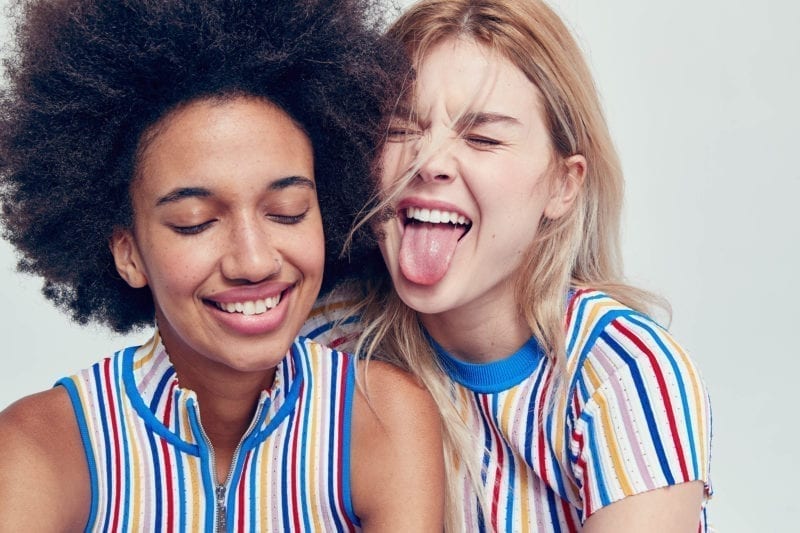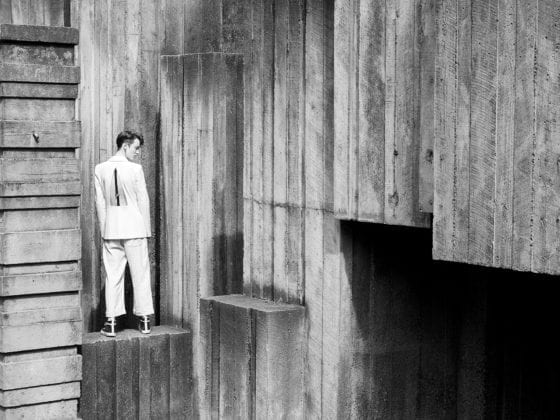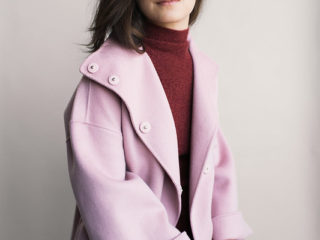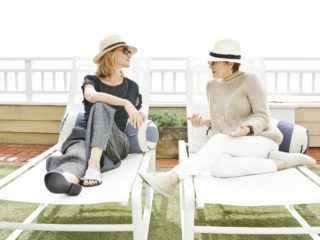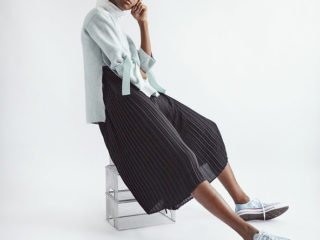I remember the first time I heard one of my closest friends refer to herself as “brown.” I nearly shot back in my seat. I was startled before breaking out into a huge smile.
The way she said it was invigorating. It was life-giving too. She communicated it as self-love, self-respect and, if anything, honor for her heritage. She owned it. Even normalized it, which is just as it should be. Seconds later, I realized that her saying, “I’m brown,” gave me permission to celebrate and love her race in a way that I had always been terrified to do.
Her saying, ‘I’m brown,’ gave me permission to celebrate and love her race in a way that I had always been terrified to do.
Why had I been so startled initially?
Growing up in a white, middle-class environment, there was always this assumption that you are not likely to have much diversity in your life. You were to tread carefully around those who were of a different race, always assuming that you knew nothing or had nothing to contribute. Using the word “brown” to describe someone was certainly off the table.
Granted, I do not believe that it would be appropriate for us to start referencing everyone by their skin tone, but hearing her say this did teach me—or rather invite me—into a whole new way of seeing “race.” As a young woman who grew up in a Middle-Eastern family but often felt the pressure to integrate into white-middle-class behaviors, there was something infectiously celebratory about it that enabled me to love my own heritage too.
Being around people of different races and backgrounds, whether in my own family or church community, taught me how to love race as a valuable part of every individual’s personhood. In doing so, it taught me how to fully embrace myself. My “brown,” Tongan-friend is not easily offended nor is she shy to share about where she is from. She knows that this is a priceless part of her identity that should be held in high esteem by others. As she holds herself in high esteem, she invites others to do so too.
Being around people of different races and backgrounds taught me how to love race as a valuable part of every individual’s personhood.
I watched her win a highly-prestigious award at our university this year, delivering a speech using Tongan phrases and referencing her family’s many-syllable names. In doing so, she completely owned the stage. Whilst she won the award for her exceptional character and beautiful heart, she owned her race in a way that I had not seen done before. It invited me into a world where race was celebrated truly, without fear of offense or being an outsider that had nothing to contribute. Her self-love gave me permission to celebrate her culture, which is what I always wanted to do but never knew how.
On top of teaching me to celebrate race, she has taught me the power of being a woman. The Tongan value for family matriarchy, integrity and authenticity taught me that women can share the stage, office or room with a man with equal strength. She showed me that strength is as powerful as it is feminine and beautiful. Tongan women specifically embody the most stunning, stoic physical beauty matched by a steady, inner-strength that I simply haven’t seen in the same measure in many of my white friends.
Throughout May and June, it really seemed as though the world began to recognize the value of having relationships with people that are different from us. Race, ethnicity, language, skin color, hair color—any kind of variable or preference—we were beginning to value the differences that distinguish us as human beings.
Then and now, we are seeing unprecedented integration. For many of us, we are taking stock of our biases and decisions and asking important questions about why we make those decisions.
Without getting into tokenism, it is impossible for me to overestimate the love and deep respect that I have for my friends and family who are of different races than me. At the best of times, they have taught me a far-reaching kind of love. At the hardest times, they have taught me to have tough conversations with humility.
What have you learned from friends of different nationalities and backgrounds? Why is it important to have diverse friendships?
Image via Erin Foster, Darling Issue No. 23

